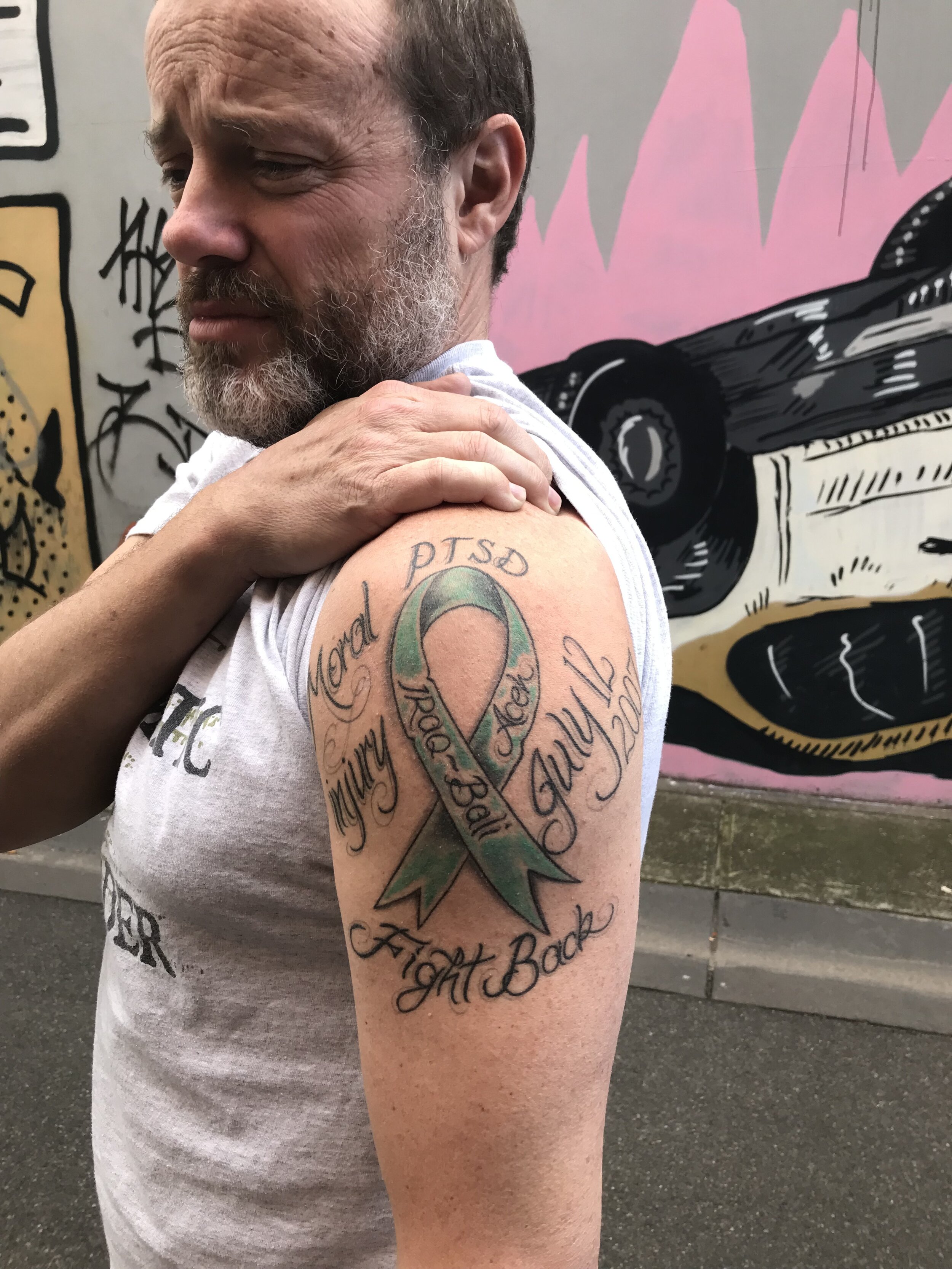Fixing Work Requires More Than Determination
As Eva and I explore how to reimagine the future of work, we keep coming back to one central truth: Fixing work is not a D.I.Y. project.
Yes, we need to seek clarity on what we want out of our careers and lives and do what we can to achieve our goals. But fixing work requires change beyond what we can achieve as individuals: It requires employers who, at minimum, hold up their end of the employment contract; it requires communities that support us and in turn that we can serve; and it requires governments that deliver laws and programs that move us closer to a world where everyone has a fair shot at the life they want.
I recently interviewed Lauren Sandler about her extraordinary new book, This Is All I Got, which illustrates this truth in searing detail. For one year, Sandler embedded herself in the life of a new mother she calls Camila, whom she met in a New York City homeless shelter. Camila is a whip-smart high school graduate with sights on a career in criminal justice, determined not to let the poverty she was born into dampen her prospects.
And yet. Sandler goes with Camila to countless meetings in soulless social service offices scattered around the city, each one chipping away at Camila’s resolve. We see Camila lose benefits over paperwork lost—not by her (she keeps her birth certificate and other important documents with her at all times), but somewhere in the many gaps and crevasses of The System.
Government failure: check.
“How can you be intentional about building community when you’ve been taught that self-protection is essential?”
Sandler also describes how Camila lacks community, having had to move often and keep her guard up since she’s been hurt so many times. In our conversation, Sandler posed the rhetorical questions: “How can you be intentional about building community when you’ve been taught that self-protection is essential? And when you’ve been taught to be on guard for good reasons: because you live in a dehumanizing system, because things feel at risk all the time?”
Community failure: check.
We barely get a glimpse into Camila’s relationship with work, since during the year of Sandler’s reporting, Camila is attempting to attend school full-time. But we learn about a past job as a cashier in a pharmacy: She had to fend off numerous sexual advances from her boss—who then forced her to lift heavy boxes while she was pregnant. To add insult to injury, when she finally received $8,000 in workers’ compensation for that incident one year later, it put her bank balance over the limit for welfare eligibility, cutting off her benefits.
Employer failure: check.
This Is All I Got is a cautionary tale for any of us who think we can succeed on our intelligence and determination alone. As the COVID-19 pandemic is making abundantly clear, we need to invest in all four parts of the system—our individual relationship with work, employers, communities, and governments—if we are to create a future of work that works for all.
How is your employer, your community, or your government supporting you right now? Tell us at hello@thelifeiwant.co.
Read the rest of my Q&A with Lauren Sandler on the L.A. Review of Books blog, and purchase This Is All I Got from Bookshop or your local independent bookstore (or my local indie, Third Street Books, which is shipping anywhere in the U.S.).


